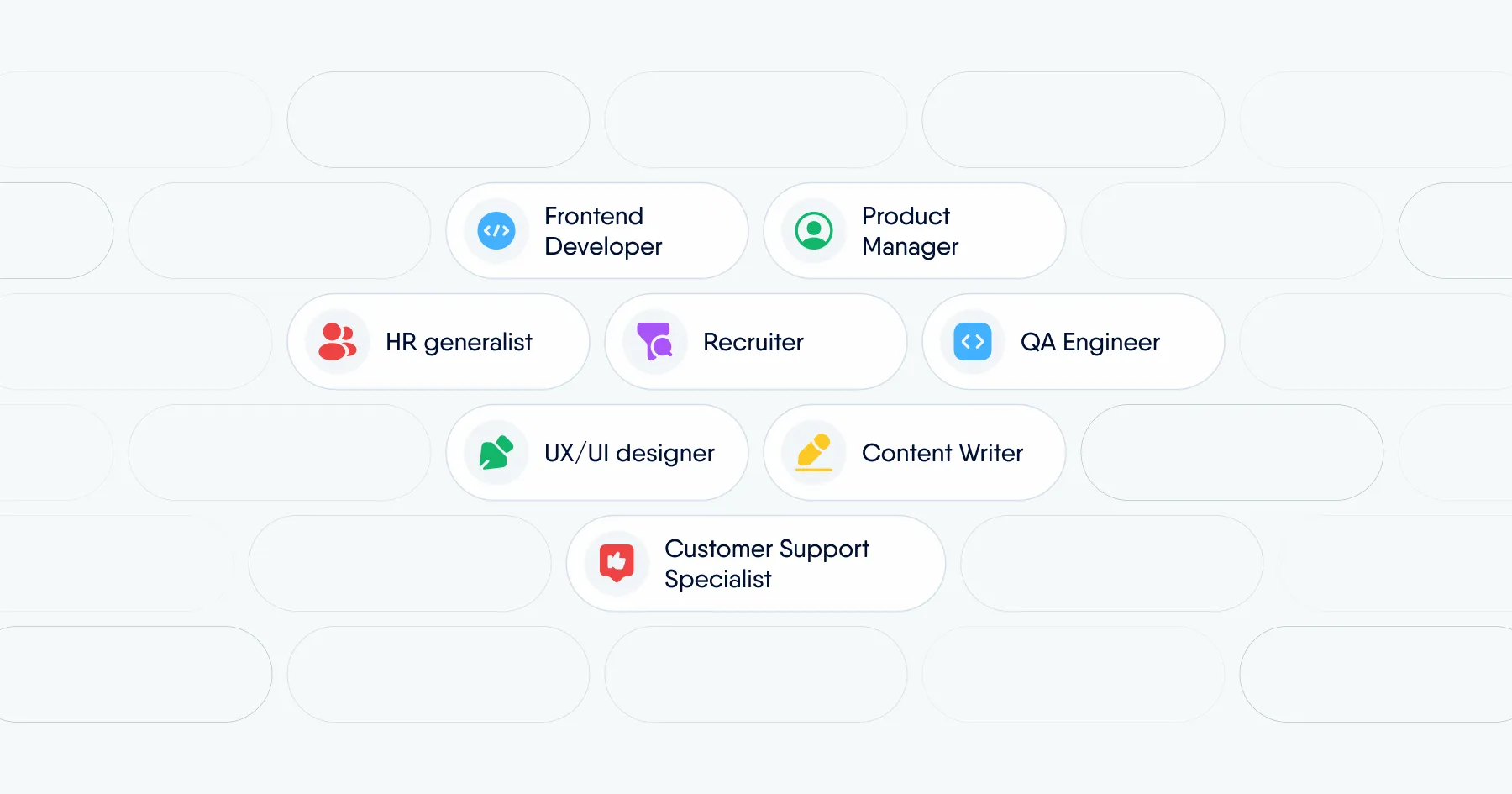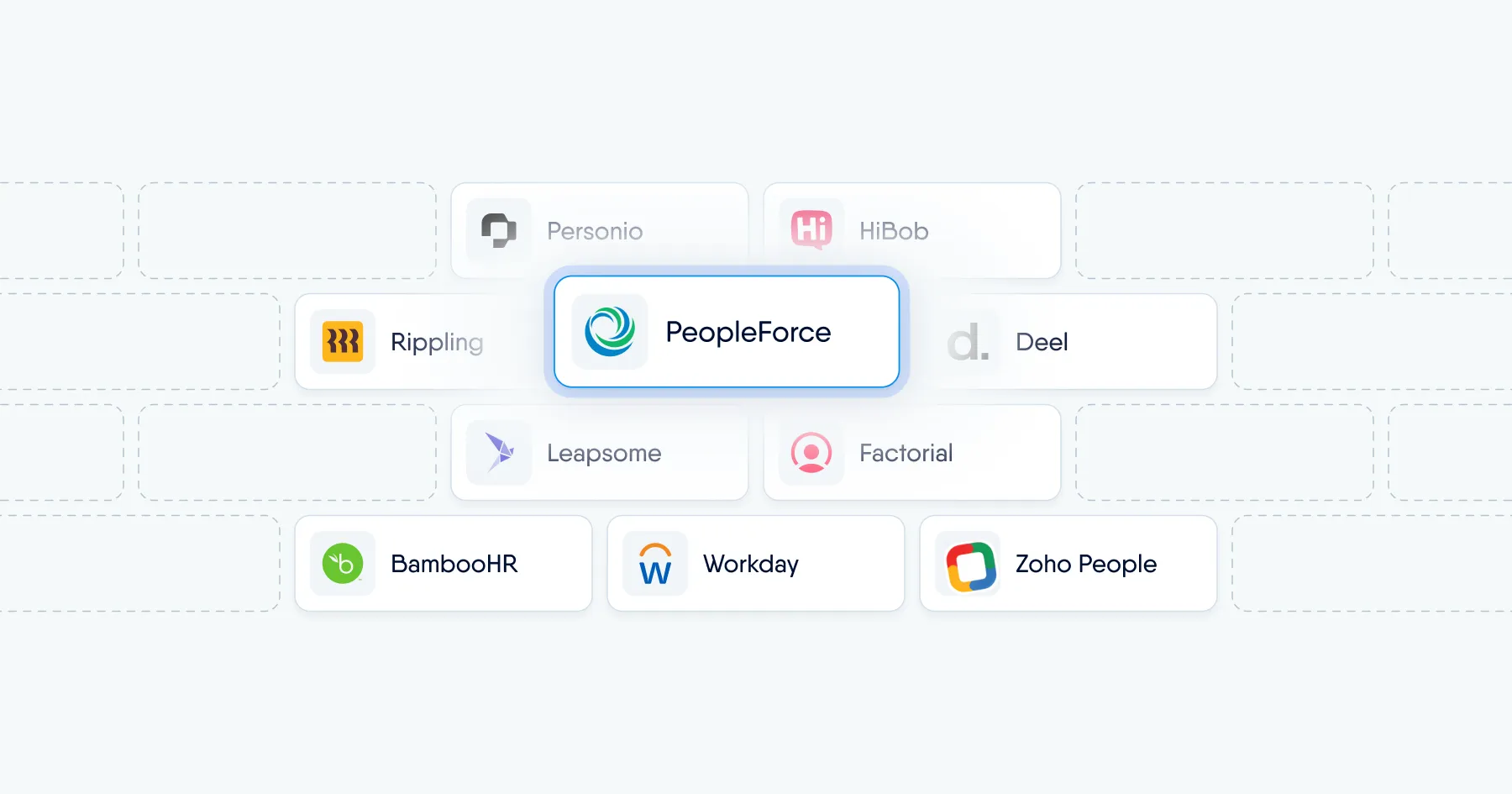Emotional intelligence
What is emotional intelligence?
What is emotional intelligence?
Emotional intelligence is the ability to consciously manage emotions – both your own and those of others. It includes recognizing emotions, understanding the context in which they arise, and responding appropriately. In a professional setting, emotional intelligence is a vital skill that enhances efficiency, workplace culture, collaboration, and relationship-building. Individuals with high emotional intelligence are more aware of their impact on the team, open to feedback, and adaptable to various situations.
Emotional Intelligence (EI) vs. Emotional Quotient (EQ)
You’ll often see the abbreviations EI and EQ used in discussions about emotional intelligence, though they don’t mean exactly the same thing.
- Emotional Intelligence (EI) refers to the ability itself – what we can do when it comes to emotions: recognize, understand, express, and regulate our own emotions and those of others.
- Emotional Quotient (EQ) is a numeric score that represents a person’s level of emotional intelligence, similar to how IQ measures cognitive intelligence. EQ is commonly used in psychometric testing to assess emotional competencies.
Models of emotional intelligence
There are two main approaches to understanding emotional intelligence in the literature: the ability model and various mixed models. Each focuses on different aspects of emotional functioning.
The ability model
Developed by Peter Salovey and John Mayer, this model views emotional intelligence as a set of cognitive skills related to processing emotional information. It includes four key abilities: recognizing emotions, using emotions in reasoning, understanding emotions, and managing emotions.
This model is firmly rooted in measurable cognitive abilities and serves as the foundation for many scientific studies.
Mixed models
Mixed models broaden the concept of emotional intelligence by incorporating elements of personality, motivation, and social competence. The most well-known example – especially in business – is Daniel Goleman’s model, which identifies five key areas: self-awareness, self-regulation, motivation, empathy and social skills.
Another widely cited model is the Bar-On model, which focuses on emotional and social functioning. It includes interpersonal and intrapersonal skills, stress management, and general mood. This model treats emotional intelligence as a personality trait that supports effective day-to-day functioning and assumes that it can develop over time through training or therapy.
Trait Emotional Intelligence
A different perspective is offered by the Trait Emotional Intelligence (Trait EI) theory, developed by Konstantin V. Petrides and colleagues. This model doesn’t view emotional intelligence as a measurable cognitive ability, but rather as a collection of self-perceived emotional traits that are integral to one’s personality.
Petrides defines emotional intelligence as the way an individual perceives and interprets their emotional world. Unlike the ability model, Trait EI doesn't assume that some emotional responses are inherently “better”. Instead, it emphasizes individual styles of emotional functioning. Trait EI is typically assessed using self-report questionnaires rather than performance-based tests.
The impact of emotional intelligence on the workplace
Here are a few ways emotional intelligence influences the work environment:
Better communication and cross-generational collaboration
Individuals with high emotional intelligence actively listen with empathy, accurately interpret emotional cues, and respond appropriately to tension in the team. This reduces misunderstandings and fosters smoother, more constructive collaboration.
These skills are crucial in building high-performing teams. Google’s “Project Aristotle” confirmed that psychological safety and the quality of social interactions are key drivers of team success.
It’s also important to recognize that different generations bring different emotional skill sets to the table. A study conducted in the United States in 2023 found that:
- Baby Boomers tend to have high self-awareness, which positively impacts their individual performance.
- Millennials are the most empathetic group and possess the richest set of emotional competencies, giving them strong leadership potential.
- Gen Z is often perceived as struggling the most with understanding and regulating emotions – both their own and others’ – but they adapt to change most effectively.
Understanding generational differences in emotional competence can lead to stronger collaboration and better team outcomes.
Stress and conflict management
Workplace pressure is inevitable and can often lead to conflict. The ability to stay calm and regulate emotions during tense situations helps teams resolve problems faster and creates a psychologically safe environment in which people feel comfortable expressing their opinions without fear of judgment.
According to research from Yale University, effective self-regulation is correlated with lower burnout levels and higher productivity.
More effective leadership
Studies prove that leaders who exhibit high empathy build more engaged teams and deliver stronger business outcomes. That’s because they’re more attuned to their teams’ needs and more open to feedback. They also know how to motivate individuals in a way that aligns with their personalities, creating a culture of trust that drives loyalty and commitment.
Culture and motivation
Emotional intelligence fosters a culture of empathy, openness, and mutual respect. When employees feel seen and understood, job satisfaction increases and turnover decreases. A 2014 meta-analysis found that intrinsic motivation – a component of emotional intelligence – is a reliable predictor of job performance, particularly in tasks that require creativity and problem-solving.
Adaptability and learning agility
Being aware of your own emotions and responses makes it easier to accept constructive criticism, learn from experience, and adapt to change – one of the most critical skills in today’s workplace.
A study conducted in China with 535 nurses found that individuals with higher emotional intelligence had greater self-awareness, which helped them cope more adaptively with workplace challenges.
How to measure emotional intelligence
Measuring emotional intelligence is more complex than evaluating hard skills, but there are reliable tools available, such as:
- Psychometric tests – for example MSCEIT (Mayer-Salovey-Caruso Emotional Intelligence Test);
- Self-assessment questionnaires – for example EQ-i 2.0, TEIQue (Trait Emotional Intelligence Questionnaire);
- 360-degree reviews – like ESCI (Emotional and Social Competency Inventory);
- Behavioral simulations – for example assessment centers or development workshops.
Managing emotional intelligence isn't about controlling employees' emotions – it’s about creating the conditions that support their natural development.
How to support and develop emotional intelligence in your organization
A 2011 study found that participants who received training in key emotional competencies experienced lasting improvements in emotional intelligence. Their mental and physical well-being improved, their social relationships strengthened, and their cortisol (stress hormone) levels decreased.
This shows that investing in emotional intelligence pays off – not just for individual well-being, but also for stronger collaboration and a healthier workplace culture. Here are some practical ways to foster it:
- Training and workshops with specialists on emotional awareness, communication, empathy, and conflict resolution, using emotional role-play and scenario-based simulations;
- Individual or group coaching to develop self-awareness and emotional regulation;
- Mentoring programs focused on building trust and modeling emotionally mature behaviors;
- Regular feedback, delivered constructively and with empathy;
- An open culture that encourages authenticity, active listening, and mutual understanding;
- Well-being programs that support stress management, mindfulness, and emotional balance;
- Pulse surveys to monitor mood and satisfaction levels across teams;
- Thematic internal campaigns, like “Empathy Month” or “Talk Week”;
- Emotional culture ambassadors who support others in developing soft skills and act as go-to people in emotionally challenging situations.
Emotional intelligence as a future-proof skill
According to Capgemini Research Institute, 74% of executives believe emotional intelligence will become a critical skill. Why? Because it’s one of the few human capabilities that artificial intelligence and machines can’t replicate effectively.
People with high emotional intelligence:
- Make better decisions and solve problems more quickly;
- Stay calm under pressure;
- Resolve conflicts effectively;
- Listen actively and welcome feedback.
Even as automation advances, the true value of team performance lies in relationship-building – both with clients and internally. That’s why individuals who demonstrate empathy, emotional insight, and interpersonal understanding tend to be the most effective performers.
A 2019 study by Lee Hecht Harrison Penna confirmed this: 57% of managers said employees who exhibit strong emotional intelligence achieve the highest levels of performance.
Organizations that want to foster emotional intelligence should embed it throughout the employee experience – from recruitment and development to everyday interactions. Well-designed learning programs, empathy-driven leadership, and data-driven support systems can make emotional competencies a natural part of the company culture.

